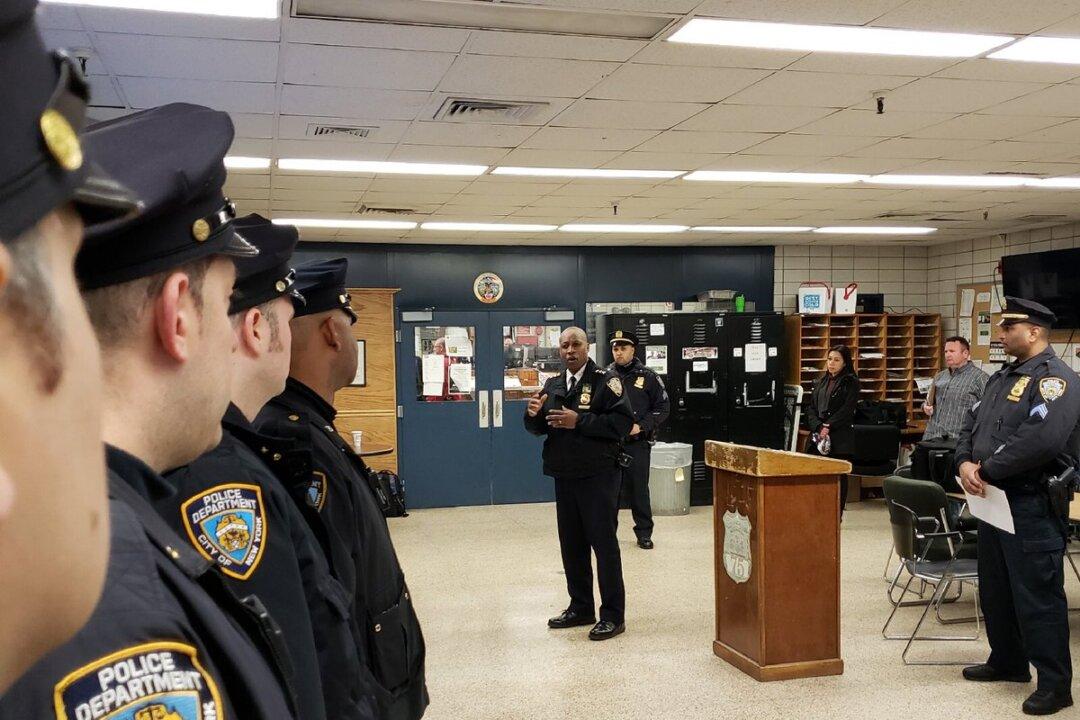A common understanding of a Renaissance person is a profoundly gifted individual whose expertise covers a wide range of subjects.
It is considered a great compliment when someone is referred to as a Renaissance person. This is a person who can solve issues by using knowledge, discretion, and extraordinary problem-solving skills.
A Renaissance person is often used to describe great thinkers of the Renaissance, a period covering the 14th to the 17th century, commonly understood as a time when society was transformed through arts, philosophy, and science.
In 1528, Baldassare Castiglione authored “The Book of the Courtier,” immortalizing the characteristics of a perfect gentleman or lady of the Renaissance.
These included having a calm disposition, communication skills, respectful attitude, and intelligence. Yet, when necessary, this person also had a warrior spirit, ready to protect the vulnerable.





